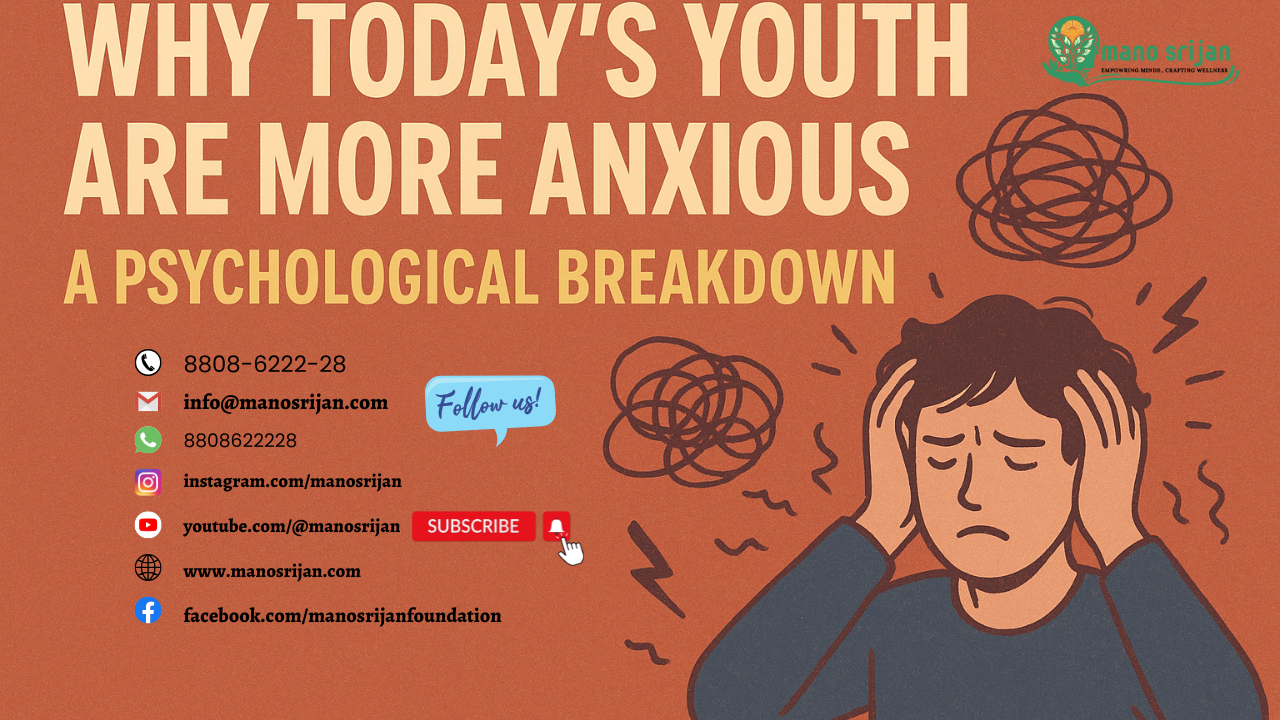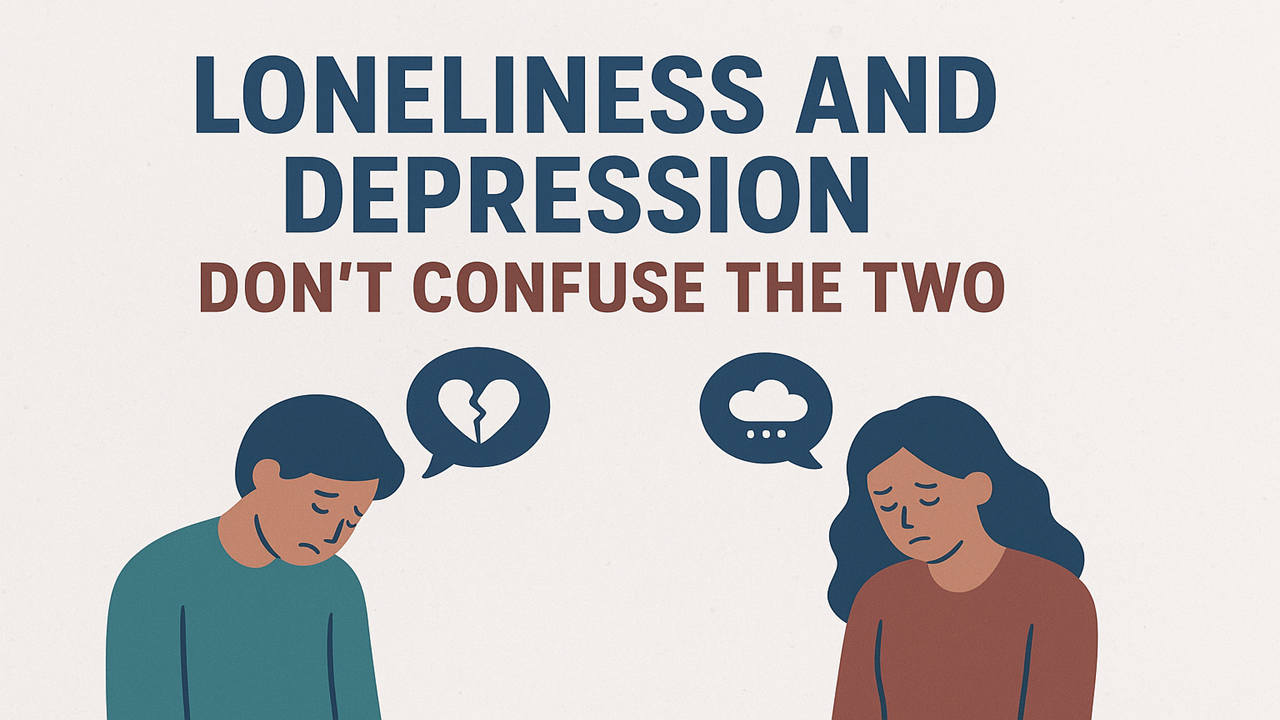
- 27 Aug 2024
- Psy. Ashish Pandey
Brain Fog Causes, Symptoms, and Strategies
Have you ever felt like you’re wading through molasses, struggling to concentrate, or experiencing a general sense of mental fatigue? If so, you might be experiencing brain fog. This common yet often misunderstood phenomenon can affect anyone at various points in their life. In this blog post, we’ll explore what brain fog is, its potential causes, and practical strategies to help clear your mind and regain mental sharpness.
What Is Brain Fog?
Brain fog is not a medical condition itself but rather a symptom characterized by a persistent feeling of mental cloudiness or confusion. People with brain fog often report difficulties with concentration, memory, and overall cognitive function. It can feel like your thoughts are sluggish or disorganized, and it may interfere with your daily activities and overall productivity.
Common Symptoms of Brain Fog
Recognizing brain fog can be challenging because it encompasses a range of symptoms. Some common signs include:
- Difficulty Concentrating: Struggling to focus on tasks or conversations.
- Memory Problems: Trouble recalling recent events or information.
- Mental Fatigue: Feeling mentally exhausted despite adequate rest.
- Confusion: An inability to think clearly or make decisions.
- Reduced Mental Sharpness: Experiencing slower reaction times or difficulty processing information.
Potential Causes of Brain Fog
Several factors can contribute to brain fog, including:
1. Lack of Sleep
Poor sleep quality or insufficient sleep can significantly impact cognitive function, leading to brain fog. Sleep disorders like insomnia or sleep apnea can exacerbate this issue.
2. Stress and Anxiety
Chronic stress and anxiety can overload your brain, making it difficult to concentrate and process information. The constant state of heightened alertness can drain your mental resources.
3. Poor Diet
A diet lacking in essential nutrients, particularly vitamins and minerals, can impair brain function. Excessive sugar, caffeine, and processed foods can also contribute to mental sluggishness.
4. Hormonal Imbalances
Hormonal changes, such as those experienced during menopause or thyroid dysfunction, can affect cognitive clarity and contribute to brain fog.
5. Medical Conditions
Certain medical conditions, such as fibromyalgia, chronic fatigue syndrome, or autoimmune diseases, are associated with brain fog. Medications used to treat these conditions may also have cognitive side effects.
6. Dehydration
Not drinking enough water can lead to dehydration, which affects brain function and contributes to feelings of mental fog.
7. Lifestyle Factors
Lack of physical exercise and exposure to environmental toxins can also play a role in cognitive decline and brain fog.
Strategies to Combat Brain Fog
If you’re experiencing brain fog, there are several strategies you can implement to help clear your mind and improve your cognitive function:
1. Prioritize Sleep
Ensure you’re getting 7-9 hours of quality sleep each night. Establish a consistent sleep schedule and create a relaxing bedtime routine to improve sleep quality.
2. Manage Stress
Incorporate stress-reducing practices such as mindfulness meditation, deep breathing exercises, or yoga into your daily routine. Finding healthy ways to cope with stress can enhance mental clarity.
3. Improve Your Diet
Focus on a balanced diet rich in whole foods, including fruits, vegetables, lean proteins, and healthy fats. Foods high in antioxidants, omega-3 fatty acids, and B vitamins are particularly beneficial for brain health.
4. Stay Hydrated
Aim to drink plenty of water throughout the day. Keeping hydrated is crucial for maintaining cognitive function and overall well-being.
5. Exercise Regularly
Engage in regular physical activity to boost circulation and oxygen flow to the brain. Exercise can also help alleviate stress and improve mood.
6. Consult a Healthcare Professional
If brain fog persists despite lifestyle changes, it may be helpful to consult a healthcare provider. They can evaluate for underlying medical conditions, assess hormonal levels, and recommend appropriate treatments or adjustments.
Conclusion
Brain fog can be frustrating and disruptive, but understanding its causes and implementing targeted strategies can help you regain mental clarity. By prioritizing sleep, managing stress, maintaining a balanced diet, staying hydrated, and incorporating regular exercise, you can support your cognitive health and reduce the impact of brain fog on your daily life. Remember, if symptoms persist or worsen, seeking professional medical advice is always a good idea.






